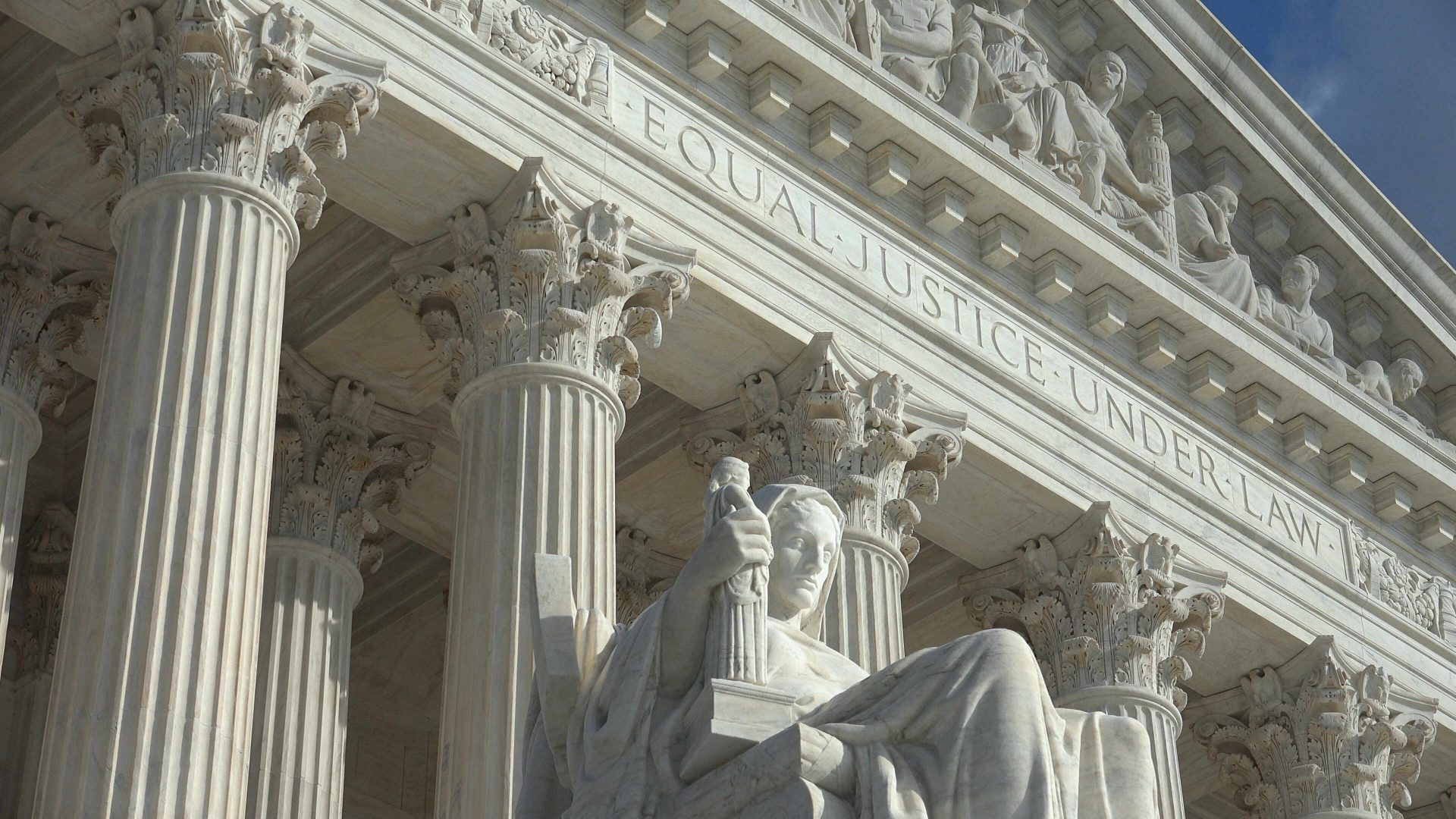North Carolina Supreme Court Justice Anita Earls has recently filed a federal lawsuit against the state’s judicial standards commission, asserting that her comments on diversity within the state’s judicial system are protected as political speech under the First Amendment. This legal dispute emerged after the North Carolina Judicial Standards Commission investigated Earls’ remarks regarding the lack of diversity in state courts and potential implicit biases within the judiciary.

The investigation aims to determine if Justice Earls’ comments have violated the state’s Code of Judicial Conduct. In a letter dated August 15, the commission cited her comments as potentially alleging that her colleagues on the Supreme Court were making decisions influenced by racial, gender, or political biases. Notably, a previous investigation into allegations of Earls disclosing confidential information resulted in a dismissal and a warning about her public comments. Her recent interview triggered the commission’s decision to reopen this investigation.
Justice Earls, one of the two Black justices in North Carolina’s highest court, has taken legal action against the commission. She contends that she is exercising her right to speak on matters of public concern and should not face repercussions for expressing her views. Earls’ attorney, Pressly Millen, emphasizes that her free speech, like that of any citizen, should be protected.
In the Law360.com article that prompted the investigation, Earls addressed the need for more diversity among those making oral arguments before the court. She pointed out that despite diversity in the state bar and the state itself, white males overwhelmingly dominate this aspect. She suggested that implicit biases might influence decisions, acknowledging that this bias might not be conscious or intentional but rooted in human nature.
Justice Earls, a Democrat, is running for re-election in 2026. If the investigation finds her in breach of the state’s judicial standards, she could face sanctions, including removal from the bench. It is worth noting that the state’s highest court underwent a significant shift in 2022, transitioning from a 4-3 Democratic majority to a 5-2 Republican majority.
The North Carolina Judicial Standards Commission, responding to the lawsuit, has maintained its non-partisan stance, refraining from commenting on the specifics of the lawsuit or the ongoing investigation. The commission comprises members appointed by various authorities, including the Chief Justice, Governor, General Assembly, and State Bar Council, and is mandated to investigate all instances of alleged judicial misconduct.
As this legal battle unfolds, it raises crucial questions about the boundaries of free speech for judges, the role of diversity and implicit biases within the judiciary, and the need for impartial and non-partisan investigations into alleged misconduct within the justice system.


















